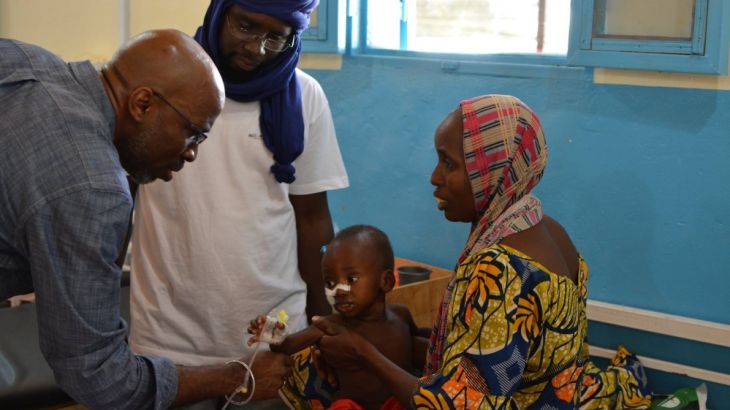
Vaccine pioneers: Saving children in Niger
Can a new heat-resistant vaccine for the highly contagious rotavirus save the lives of children in Niger?
It’s estimated that 450,000 children around the world die every year from rotavirus – a highly infectious disease that causes severe diarrhoea and dehydration.
The disease is completely preventable and vaccines for rotavirus do exist. But these vaccines must be kept below 8C, which makes it difficult to reach children in remote communities where resources such as cold storage are limited and where temperatures often soar.
Doctors Without Borders (MSF) teams in Maradi, Niger, are trialling a new vaccine for rotavirus.
It’s the first time a phase III vaccine trial of this kind has been approved in an African country.
The vaccine is a new version of the existing vaccine used in Western countries, but it’s thermo-stable, meaning that its chemical properties are unaffected by high temperatures.
Known as BRV-PV, the vaccine is stable at 37C for one year and 40C for six months. The new vaccine is also a lot cheaper than existing vaccines, which means that more children can be treated, which, in turn, helps to prevent the spread of the disease.
Dr Stephen Nurse-Findlay travels to Maradi, Niger to find out more about this pioneering trial.